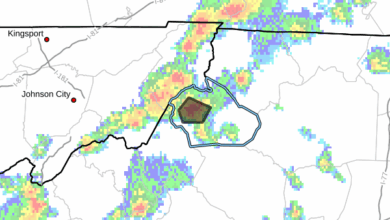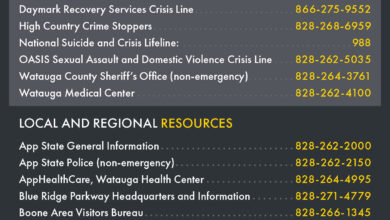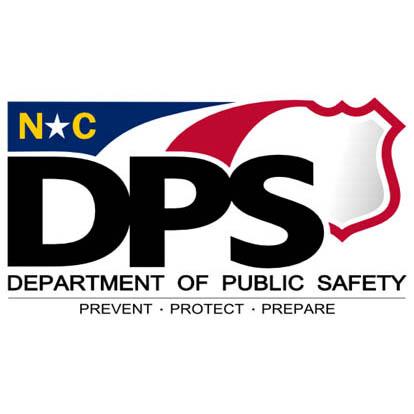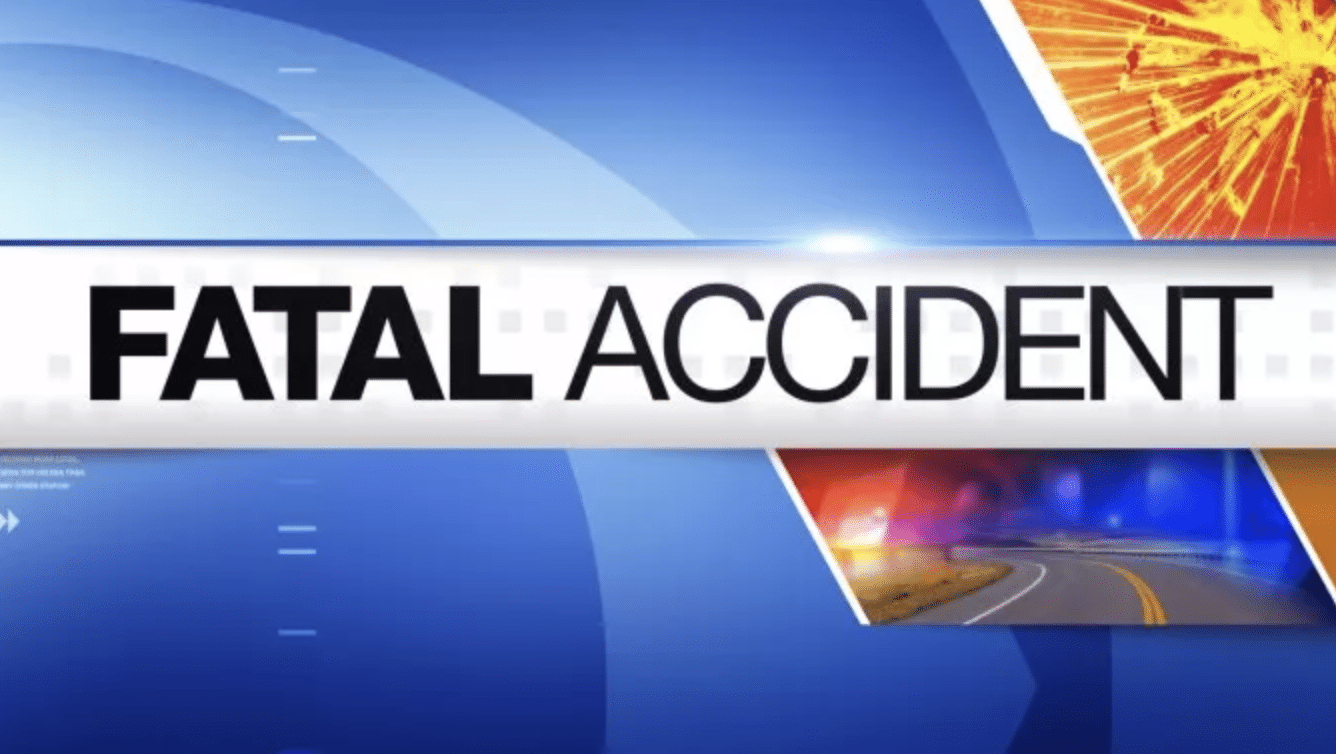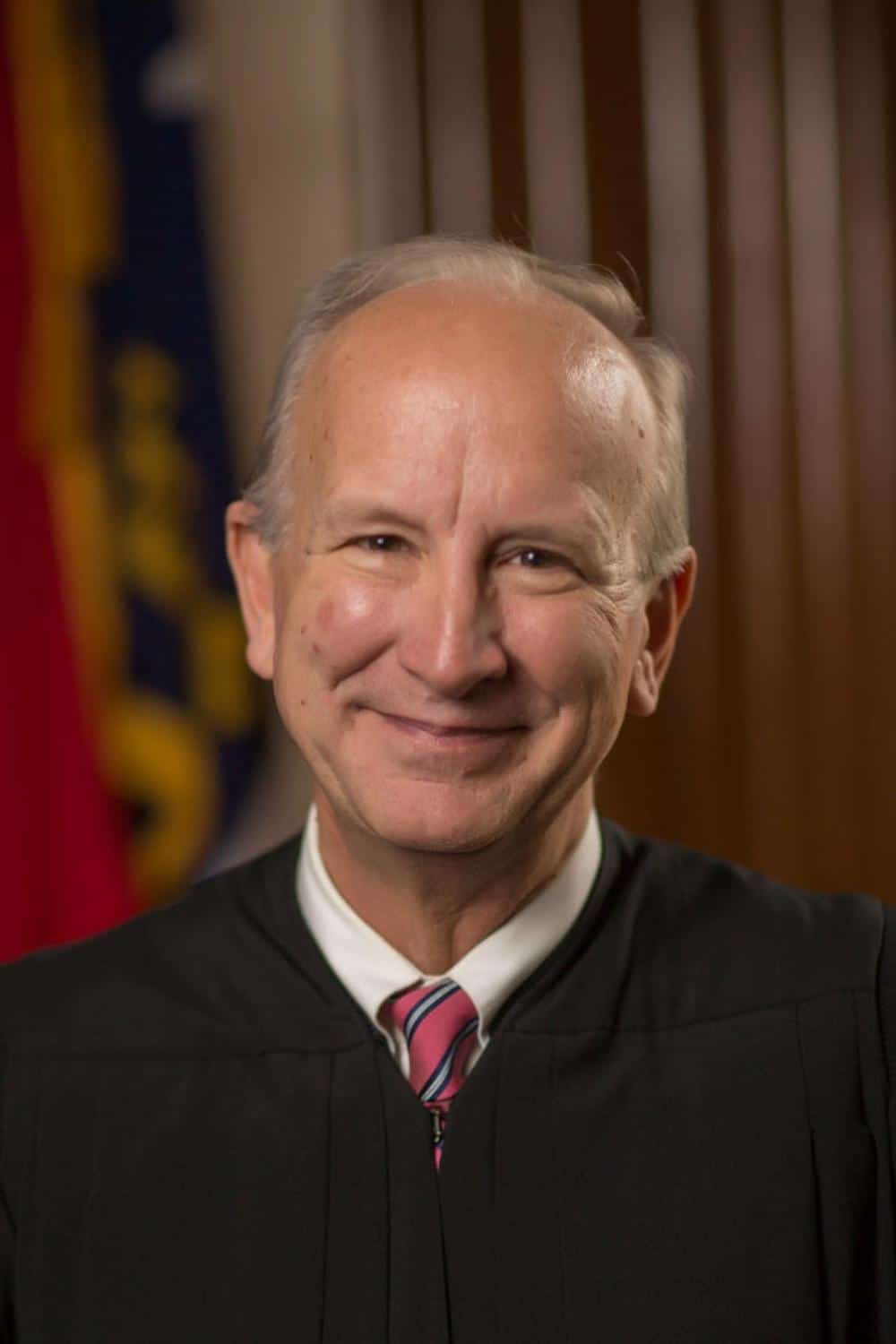
Last Updated on January 14, 2021 12:24 pm
RALEIGH — Chief Justice Paul Newby issued an order containing emergency directives related to COVID-19. The order replaces the expired order issued on December 14, 2020, and is effective today, January 14, 2021.
“Today’s order allows local courthouse leadership, who assess the threat of COVID-19 every day, to tailor preventative measures to meet their specific local challenges,” said Chief Justice Newby. “But they are not alone in this fight. I have requested that the Governor prioritize our court personnel in the COVID-19 vaccination schedule so we can fulfill our constitutional ‘open courts’ mandate to provide equal justice to all in a timely manner.”
The following emergency directives from the December 14, 2020, order have expired:
- Emergency Directive 1 (Rescheduling in-person proceedings)
- Emergency Directive 4 (Discouraging court visits and in-person filings)
- Emergency Directive 9 (Minimizing in-person gatherings)
- Emergency Directive 10 (Prohibition of jury trials)
- Emergency Directive 13 (COVID-19 Coordinator calendaring requirements)
- Emergency Directive 18 (Summary ejectment limitations)
- Emergency Directive 20 (Extension of time for small claim eviction hearing)
- Emergency Directive 22 (Jury trial resumption plan)
The following emergency directives from the December 14, 2020, order remain in effect without significant modifications:
- Emergency Directive 2 (Persons likely exposed to COVID-19 should not enter the courthouse)
- Emergency Directive 5 (Verification of pleadings and other filings)
- Emergency Directive 8 (Continued performance of marriage ceremonies)
- Emergency Directive 12 (COVID-19 prevention measures)
- Emergency Directive 14 (Submission of filings to Clerk of Court)
The following emergency directives from the December 14, 2020, order remain in effect but have been modified as indicated:
- Emergency Directive 3 (Remote proceedings)
- As amended, and with certain exceptions, Emergency Directive 3 clarifies that a party who objects without good cause cannot prevent a court from using remote audio and video transmissions in judicial proceedings.
- Emergency Directive 11 (COVID-19 Coordinator)
- As amended, Emergency Directive 11 expressly tasks each COVID-19 Coordinator with ensuring that safety protocols and mandates are followed in court facilities.
- Emergency Directive 15 (Extension of filing deadlines for mailed filings)
- As amended, Emergency Directive 15 expressly excludes pleadings and other documents filed in proceedings for forfeiture of bail bonds under Part 2 of Article 26 of Chapter 15A of the General Statutes.
- Emergency Directive 21 (Face coverings in court facilities)
- As amended, Emergency Directive 21 clarifies that its face-covering mandate does not apply to a person who is complying with a directive from courthouse personnel to remove a face covering. New Emergency Directive 21 expands authority previously granted to judges in jury trials to order jurors or testifying witnesses to remove face coverings so that their facial expressions can be observed. The authority to order the removal of face coverings now extends to presiding judicial officials in any trial or proceeding.
###
About North Carolina Judicial Branch
The North Carolina Judicial Branch is an equal and distinctively separate branch and core function of government. More than 6,400 Judicial Branch employees statewide administer justice in courthouses in North Carolina’s 100 counties. The Judicial Branch budget for FY 2019–20 was $578.4M, nearly 88.4% of which is used to pay salaries and the remaining 11.6% is used for operations. The Judicial Branch receives only 2.37% of the overall State budget.
About North Carolina Administrative Office of the Courts
The North Carolina Administrative Office of the Courts (NCAOC) is the administrative agency for the North Carolina Judicial Branch, providing administrative services to help the North Carolina court system operate more efficiently and effectively, taking into account each courthouse’s diverse needs, caseloads, and available resources.







